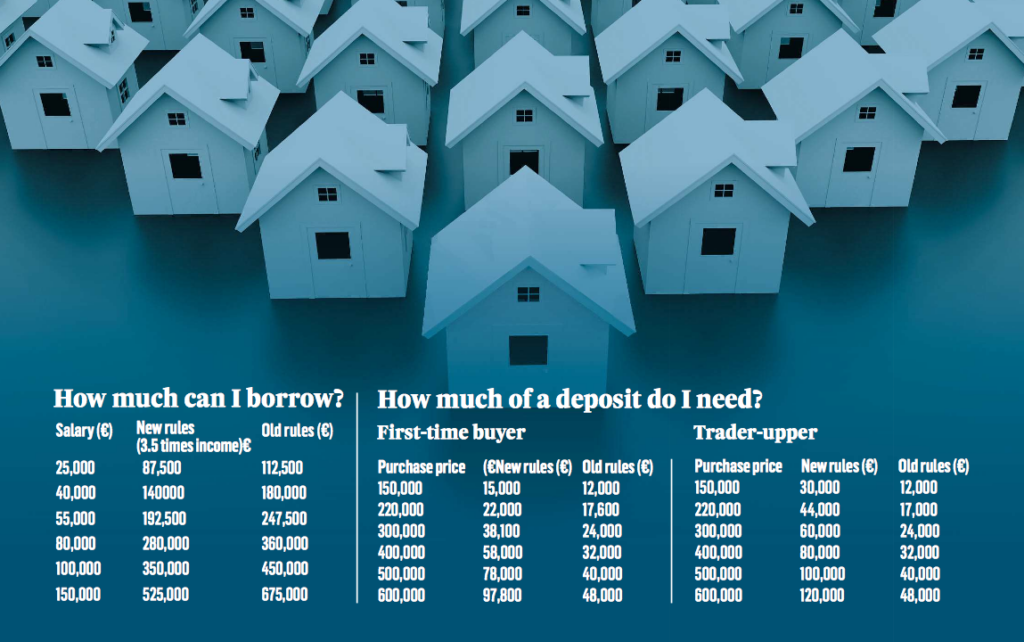Fears have been expressed that the new Central Bank rules on mortgage lending will prevent many non-first time buyers upgrading their homes.
Speaking yesterday, Fianna Fáil’s finance spokesperson Michael McGrath said people who had already bought could become trapped in their current homes despite the fact they were no longer suitable to their needs.
The new Central Bank mortgage rules came into effect today with those looking to upgrade requiring a 20% deposit to get a mortgage.
Commenting on this, Deputy McGrath said: “While the Central Bank has softened its approach with regard to first time buyers, these new rules will make life extremely difficult for non-first time buyers wishing to move home.
“The 20% deposit requirement for non-first time buyers is very onerous and will put the dream of trading up beyond the reach of many homeowners.
“These new rules reinforce government policy which appears to be to discourage people from buying their own home. The government seem determined to impose European rates of home ownership in Ireland and, in doing so, are completely ignoring the legitimate aspiration of most people in Ireland to own their own home at some stage in the life.
“The introduction of a market value based Local Property Tax makes home ownership less attractive. Allied to this, the government looks set to allow mortgage interest relief to end entirely after 2017. In addition, the government has presided over a situation where large residential portfolios have been sold by NAMA to US private equity funds instead of directly to people in Ireland wish to buy their own home.
“The government has actively facilitated and supported the purchase of Irish residential property by vulture funds at the expense of prospective home buyers in Ireland. This has been done through attractive capital gains tax relief on property investment and a lucrative tax regime for vehicles such as Real Estate Investment Trusts. The new Central Bank rules on mortgage lending will simply reinforce government policy which has resulted in the odds being stacked against aspiring home buyers in Ireland.”





